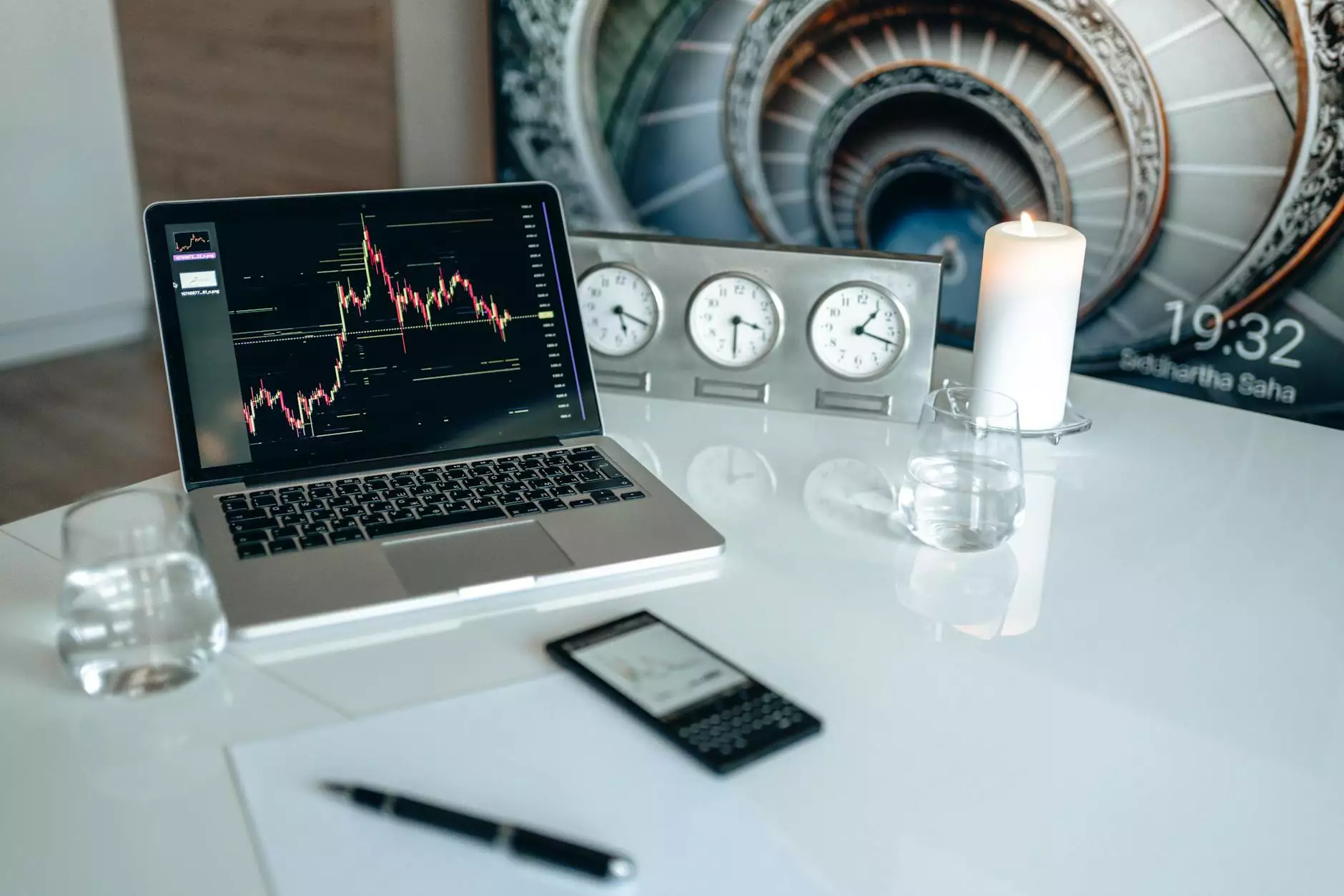The Rise of Halal Business in Global Markets

In recent years, the halal industry has emerged as one of the fastest-growing sectors in global markets, capturing the attention of entrepreneurs and investors alike. With a projected value in the trillions of dollars, the halal business not only serves a significant consumer base but also reflects changing dynamics in global economic landscapes. This article delves deep into the halal business ecosystem, examining its nuances, trends, and the broader implications for national and world news.
Understanding Halal: More Than Just Food
While many associate halal primarily with food—such as meat products that comply with Islamic dietary laws—its definition extends far beyond consumables. In essence, halal signifies anything that is permissible under Islamic law. This concept spans various sectors including:
- Cosmetics and Personal Care - Many skincare and makeup products are now being formulated to comply with halal standards.
- Pharmaceuticals - The demand for halal medicines is rising, particularly in regions with large Muslim populations.
- Travel and Tourism - Biased towards families, halal travel options provide amenities catering to Islamic norms.
- Finance - Halal investment is transforming the financial landscape with Sharia-compliant options.
The Economic Impact of the Halal Industry
The economic implications of the halal industry are staggering. According to recent studies, the global halal market is estimated to reach approximately $7 trillion by 2025, reflecting exponential growth driven by demographic shifts and increasing consumer awareness. Here are some ways the halal industry is impacting economies:
Job Creation
As the demand for halal products rises, companies are hiring more employees to meet consumer expectations. This job growth spans various levels, from production line jobs in halal meat processing to managerial roles in halal certification bodies.
Export Opportunities
Countries with established halal sectors are increasingly exporting to regions with growing Muslim populations, thus boosting their economic profiles while satisfying international demand.
Consumer Trends in the Halal Market
Understanding consumer behavior is pivotal for businesses aiming to succeed in the halal market. A few notable trends include:
Awareness and Education
Today’s consumers are more informed about what constitutes halal standards. Awareness campaigns and educational initiatives are vital in fostering confidence in halal products.
Diverse Consumer Base
Interestingly, the halal market is not limited to Muslims. There is a growing demographic of non-Muslim consumers attracted to halal products due to perceptions of quality, health benefits, and ethical sourcing.
The Role of Certification in the Halal Market
Certification is essential in the halal industry as it provides consumers assurance that products meet Islamic satisfaction. Organizations around the world offer certification, which includes:
- Audits and Inspections - Regular checks to ensure adherence to halal standards.
- Training and Education - Assisting businesses in understanding halal requirements.
- Marketing Support - Helping businesses position themselves in the growing halal market.
Halal in National and World News
The halal industry is increasingly making headlines across national and world news platforms. Significant stories often revolve around:
Policy Changes and Regulation
Governments are recognizing the economic potential of the halal sector, leading to the introduction of favorable regulations and policies. These initiatives facilitate easier pathways for businesses to enter the market and boost compliance standards.
Global Partnerships
Countries are forming alliances to enhance halal trade. Collaborative efforts, such as trade fairs and international summits, are paving the way for a more unified halal market.
The Future of Halal Business
As we look towards the future, the halal industry is positioned for continued growth and innovation. Some emerging trends to watch include:
Technological Advancements
With technology playing a crucial role across industries, the halal sector will benefit from advancements such as blockchain for traceability and AI for consumer engagement.
Sustainability and Ethical Choices
Consumers are becoming more mindful of sustainability. The halal industry can thrive by integrating eco-friendly practices and aligning with broader ethical consumption trends.
Conclusion
In summary, the ascent of the halal business represents a remarkable intersection of culture and commerce that is reshaping global markets. From its economic contributions and the diversity of its consumer base to its role in national and world news, the halal industry offers rich opportunities for entrepreneurs and businesses alike. By understanding these dynamics, stakeholders can effectively tap into a burgeoning market that promises growth for years to come.
Additional Resources
For further information on the halal business and to stay updated with the latest trends, consider the following resources:
- Australian Halal Certification - Information on halal standards and certification processes.
- Halal Industry Development Corporation - Insights on the halal industry’s growth and regulations.
- Islamic Business and Finance - Diverse articles and news regarding halal finance opportunities.









